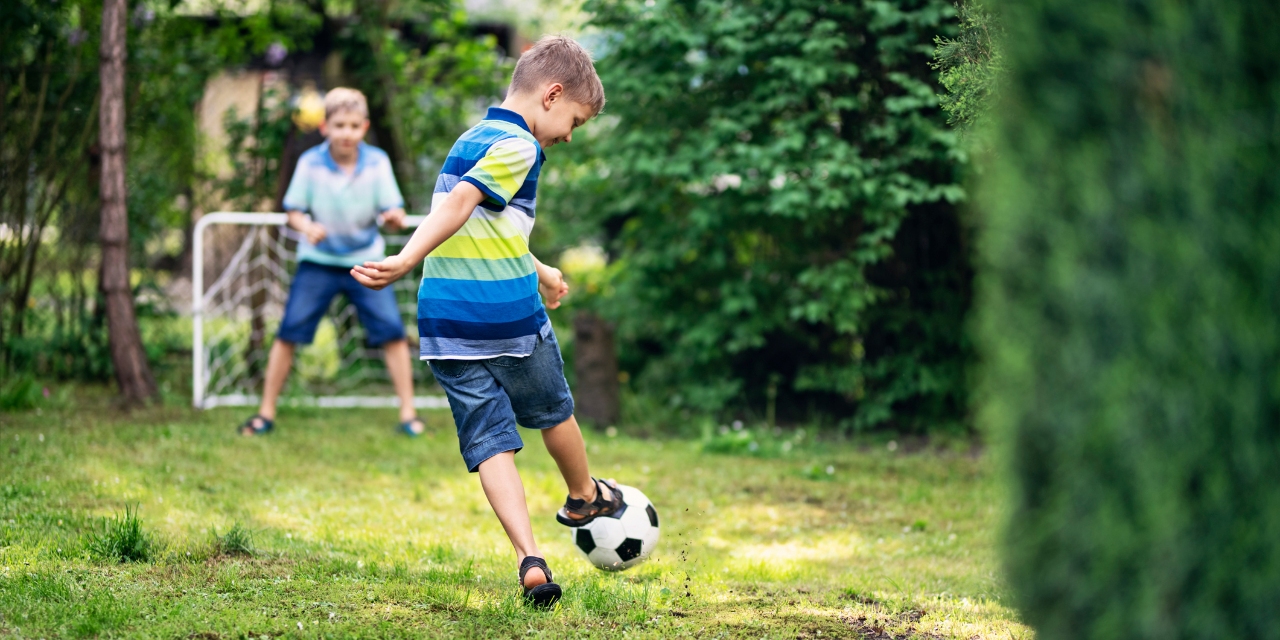When the public health measures affecting kids were put in place in mid-March, Christine Legault's oldest child went from participating in sport four days a week to nothing. These days, her family is struggling with the emotional and mental toll of the abrupt change to their schedule.
"Change management revolves around communication, and since the future timelines are so unknown, communication is lacking," said Legault, associate director in the University of Alberta's Campus & Community Recreation. "There are only so many times I can tell my children that I don't know when the activities will resume."
According to U of A youth sport researcher Nick Holt, the wide-ranging benefits sport lends to children's overall development are taking a hit during this time.
"It's quite possible that youth are having difficulties coping with the lack of structured learning, friendly competition and, most of all, social interaction with teammates that comes with participation in sport," he said.
Holt added that many parents are most likely feeling the same as Legault, and share in the emotional and mental challenges their children are facing. Though no research has been done on how to provide for kids' sport during a pandemic, Holt said there are still a lot of ways to support positive youth development through sport.
Keep them connected
Holt suggested parents start by encouraging their children to connect with teammates and friends virtually by teaching them how to use video conferencing apps such as FaceTime, Google Hangouts and Zoom. Youth can arrange regular "meet-ups" with their teammates where they can simply socialize or create a virtual group workout session.
He added that coaches can also use these tools as a way to stay in regular contact with their athletes and maintain the camaraderie that comes with being on a team.
Take advantage of social media
Holt also suggested turning to social media for ideas. From participating in activities like virtual "pass" or creating skill-based challenges, there are plenty of ideas parents can use for their own youth athletes, he said.
"Teams at all levels and age ranges from a variety of sports are already using social media platforms to connect with one another and maintain that social connection aspect," he said. "From what we can tell strictly from observation, it's going over very well for all involved."
Keep them practising
Holt suggested parents empower their kids to come up with their own routines, with a mix of technical drills and physical activity, and encourage them to do their routines daily.
He also suggested parents work with coaches to keep teams connected by creating group workouts and providing suggestions for skill development drills and activities.
"Many parents are also working from home and might find their own routines difficult to manage," he said. "Quickly checking in with their kids, and reminding them of the various ways they can stay involved with sport, can go a long way in helping both parents and children to cope with these uncertain times."
